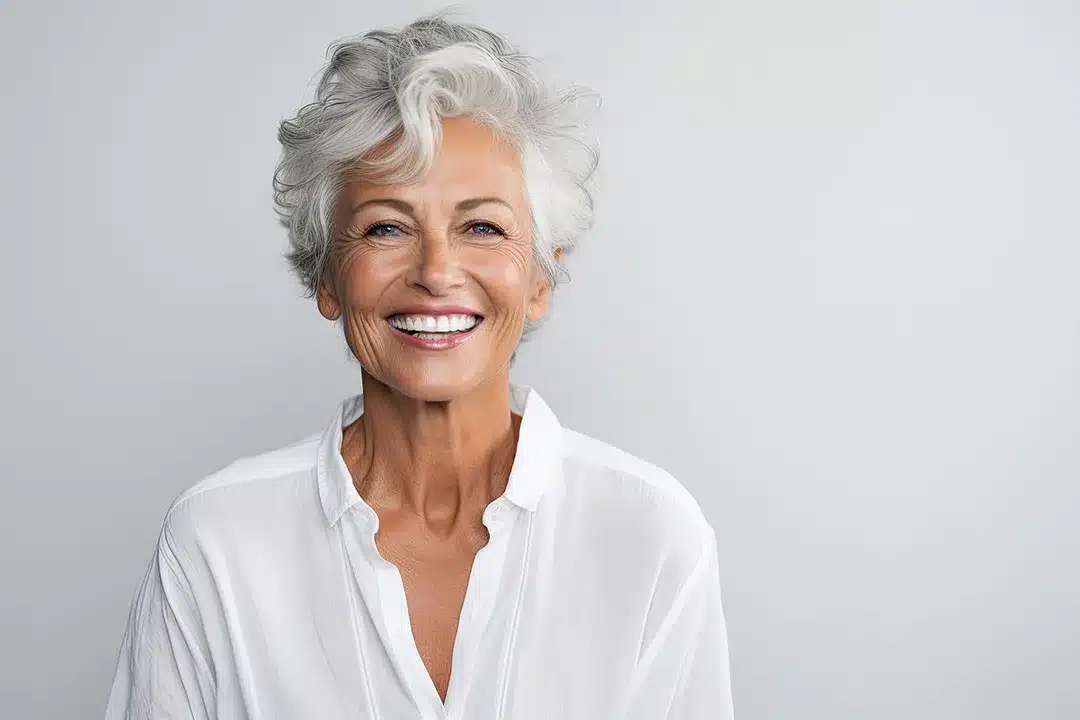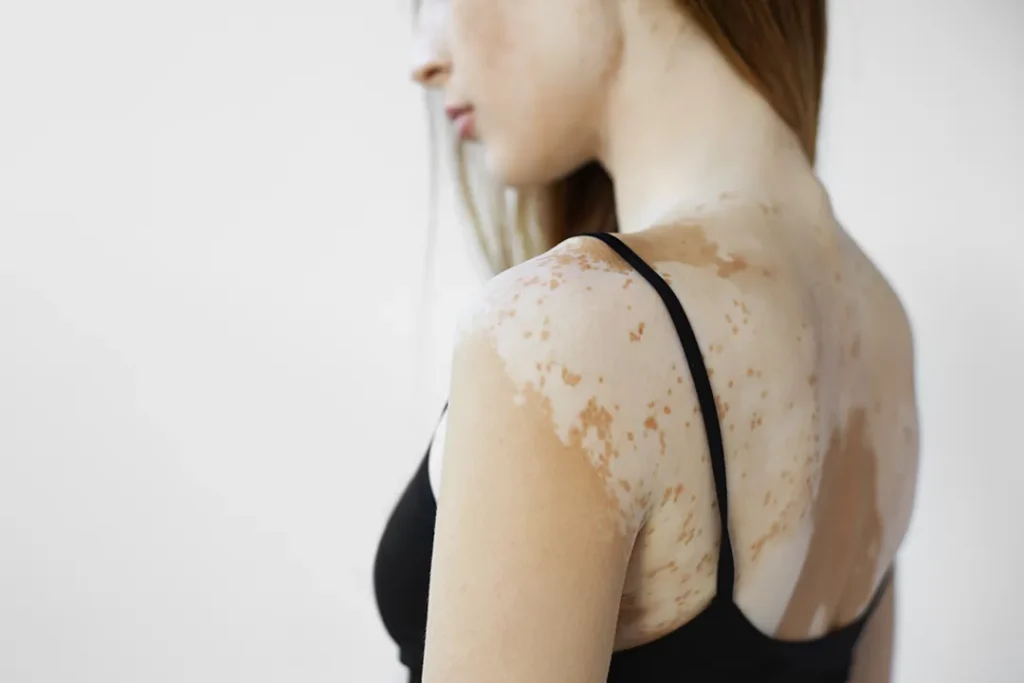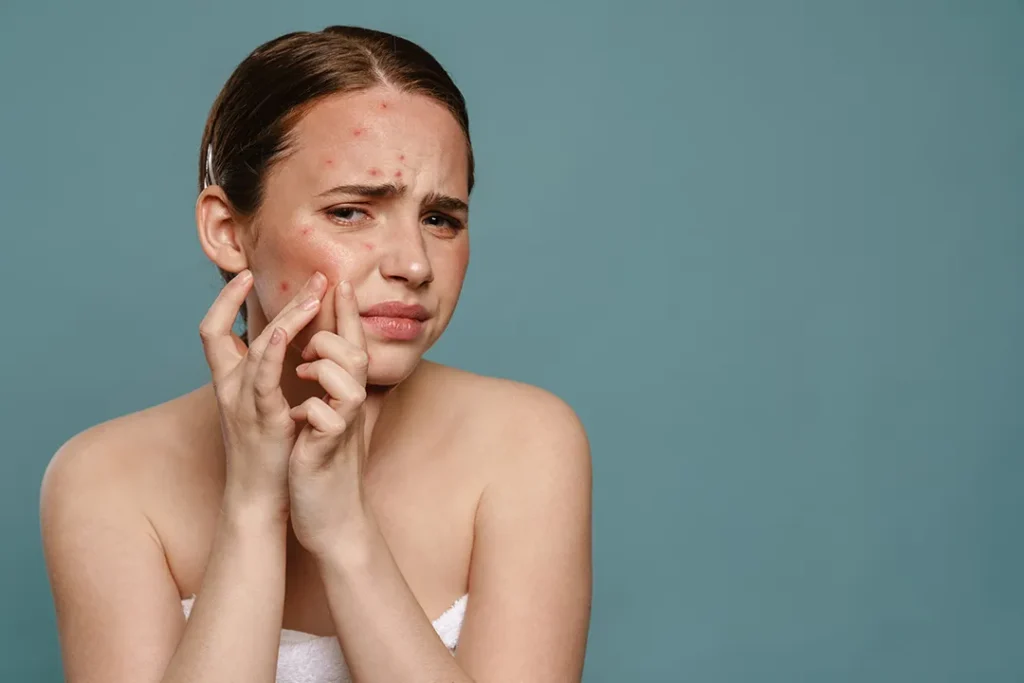Basics of Cellular Ageing in Skin
Cellular ageing is the natural process by which skin cells and all of the cells in your body gradually lose their vitality and ability to function. This ageing takes one of two forms:
- Intrinsic ageing – determined by genetics and other factors, including estrogen levels in women.
- Extrinsic ageing – the result of environmental factors.
The good news is, “The degenerative changes that occur in ageing skin are increasingly understood at both the molecular and cellular level, facilitating a deeper understanding of the structural and functional deterioration that these changes produce.” (Characteristics of Ageing Skin, National Library of Medicine)
Understanding the 5 Factors in Cellular Ageing
A variety of factors contribute to cellular ageing in the skin:
Genetics: “Certain individuals are simply more prone to premature ageing than others, due to their genetic makeup,” explains Dr Austin, citing a variety of studies on the subject.
Sun exposure: UV radiation from the sun is one of the biggest contributors to cellular ageing in the skin. “UV radiation damages DNA and causes cells to degenerate more quickly than they would normally,” says Dr Austin.
Pollution: Air pollution can lead to skin dehydration, disruption of the skin microbiome, damage to the skin barrier, and contributes significantly to cellular ageing.
Free radicals: Free radicals are unstable molecules that damage cells and DNA. They can be generated by the other factors on this list, and negatively impact skin health.
Diet and lifestyle: “What you put into your body and how you live your life are all reflected in your skin,” observes Dr. Austin.
Now that you understand the why of cellular ageing, let’s talk about ways you can slow it down …
3 Easy Things You Can Do to Slow Down Cellular Ageing
There are a variety of skincare strategies that help slow down cellular ageing and reduce the visible signs of ageing. Austin Clinic recommends:
Use anti-ageing skincare products: There are a number of anti-ageing skincare products on the market that can help to reduce the visible signs of ageing. These products typically contain ingredients such as retinol, vitamin C, and hyaluronic acid, which can help to improve skin texture, reduce wrinkles, and boost collagen production. If you’re new to anti-ageing, you might want to start with the Austin Skin Turn Back the Clock Kit, which includes anti-ageing wonders for cleansing, exfoliating, and more.
Use skin-friendly sun protection: Wearing sunscreen with an SPF of 30 or higher every day is essential for protecting the skin from the sun’s harmful UV rays. Right now, but only for a limited time, you can enjoy 50% off Austin Skin Ultra Protect SPF 50+ Sunscreen.
Supplement Your Diet as Needed: Following a healthy diet and exercise routine can help to improve overall health and well-being, including the health of the skin. If your diet is lacking, consider nutritional supplementation.
You and Your Skin Can Be Amazing at Any Age
Needless to say, the variety of factors that lead to cellular ageing mean there is no one-size-fits-all approach to its prevention. The best strategy is to develop a skincare routine that is tailored to your individual needs and concerns … with the help of the skincare team at Austin Clinic. Contact us today for the information you need to be your best self today, tomorrow, and beyond.




